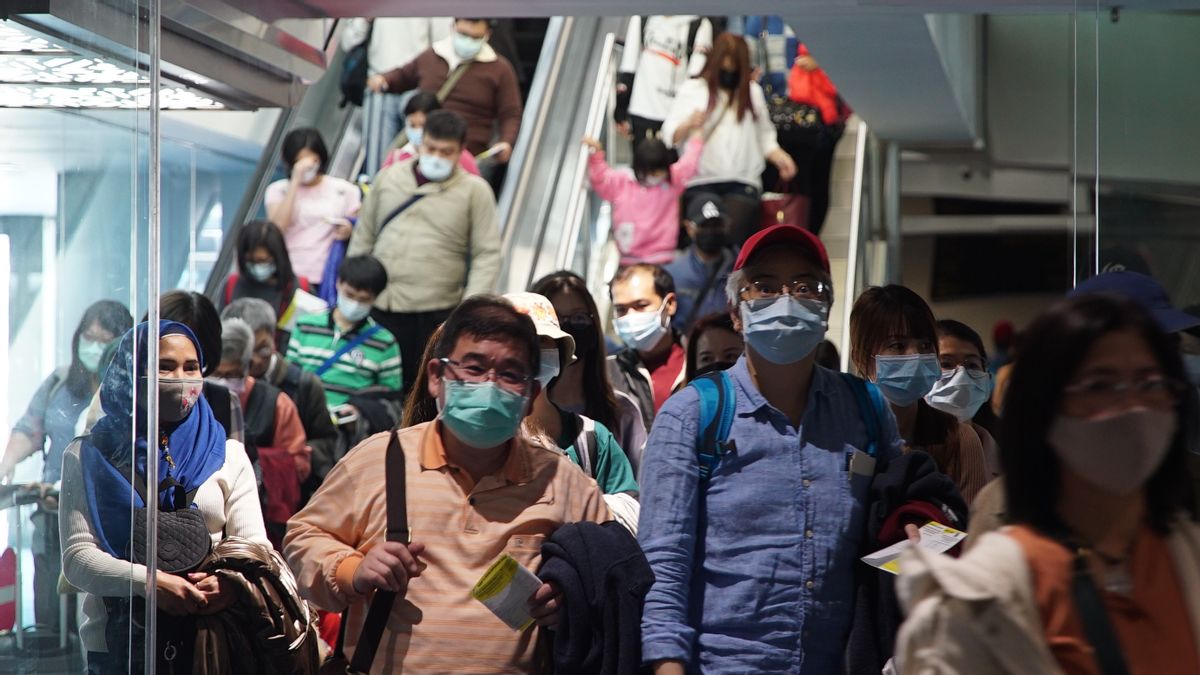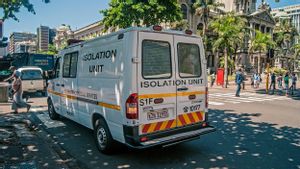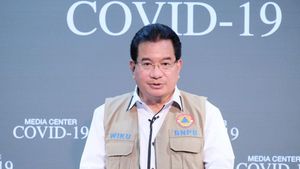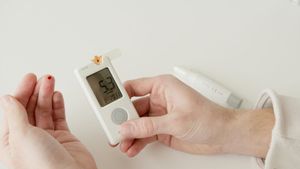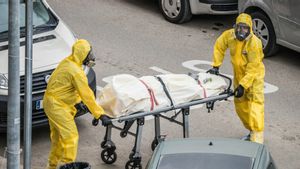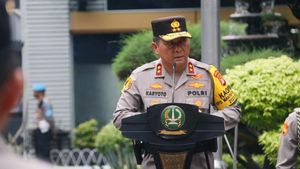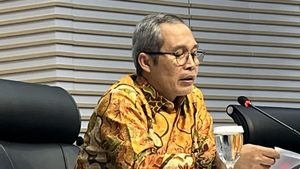JAKARTA - Spokesperson and Chair of the COVID-19 Task Force (Satgas) Expert Team Prof. Wiku Bakti Bawono Adisasmito appealed to the public to remain disciplined in carrying out strict health protocols (prokes).
This is expected so that Indonesia can prevent the spread of the Omicron variant of COVID-19 ahead of the Christmas and New Year holidays.
"People don't have to worry too much, because whatever the variant, as long as we follow strict health protocols in a disciplined and collective manner, we should be able to avoid (from the entry of the Omicron variant into Indonesia)," said Wiku in Jakarta, quoted by Antara, on Wednesday, 1 December.
Furthermore, Wiku did not deny that before the Christmas and New Year holidays, there could be the potential for high mobility and negligence in implementing health protocols.
"And indeed in Nataru, the potential for higher mobility, and perhaps the community being less disciplined in health protocols, does exist, and that must be prevented, and should not happen," said Wiku.
"So, mobility must be maintained, health protocols must remain disciplined, and ensure that new variants from other countries do not enter Indonesia," he added.
SEE ALSO:
Wiku continued, it is also necessary to protect the area by screening and quarantine.
"So we can really get past this Nataru, which we didn't expect. The threat is not only (increased mobility when) Nataru, but also new variants. So, as long as we are disciplined, there shouldn't be a problem," he said.
On the other hand, the World Health Organization (WHO) has also provided several recommended actions for countries to take.
First, improve case monitoring and sequencing; share genome sequences on publicly available databases, such as GISAID; and report initial cases or clusters to WHO.
Further, conduct field investigations and laboratory assessments to better understand if Omicron has different transmission or disease characteristics, or impacts the effectiveness of vaccines, therapeutics, diagnostics, or public health and social measures.
"Countries should continue to implement effective public health measures to reduce the overall circulation of COVID-19, using risk analysis and a science-based approach," the WHO said.
"They should improve some of their public health and medical capacity to manage the increase in cases. WHO is providing countries with support and guidance for preparedness and response."
The English, Chinese, Japanese, Arabic, and French versions are automatically generated by the AI. So there may still be inaccuracies in translating, please always see Indonesian as our main language. (system supported by DigitalSiber.id)
